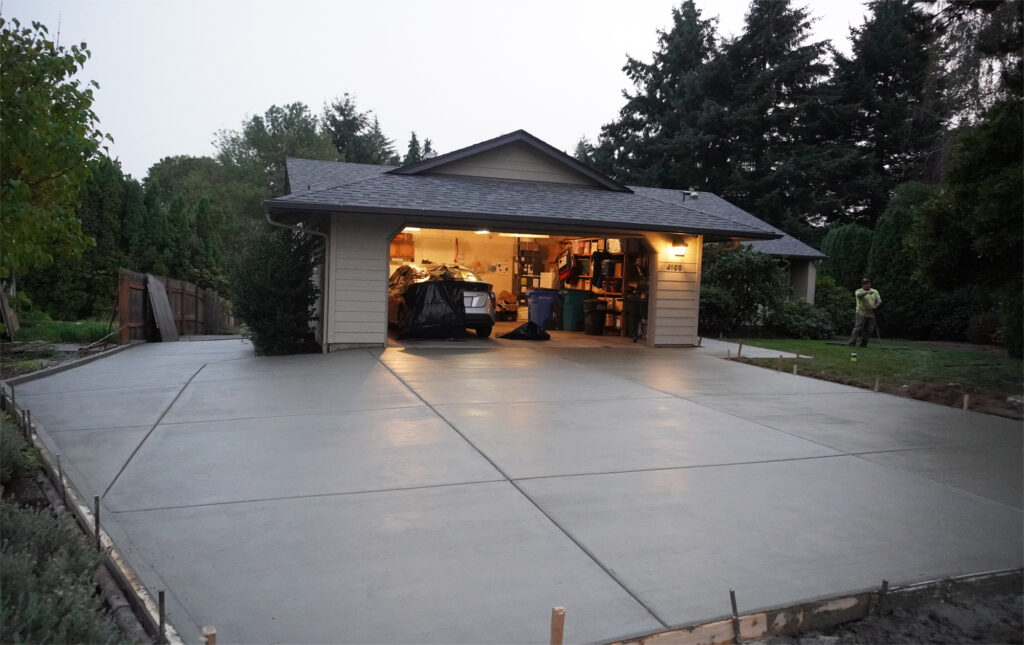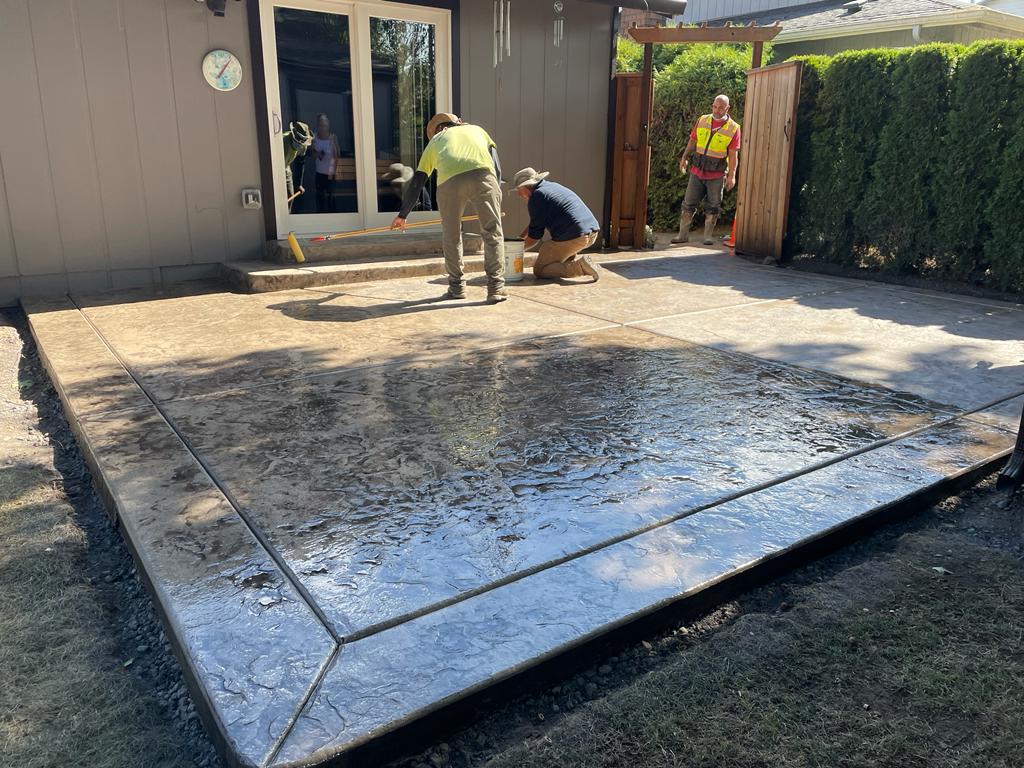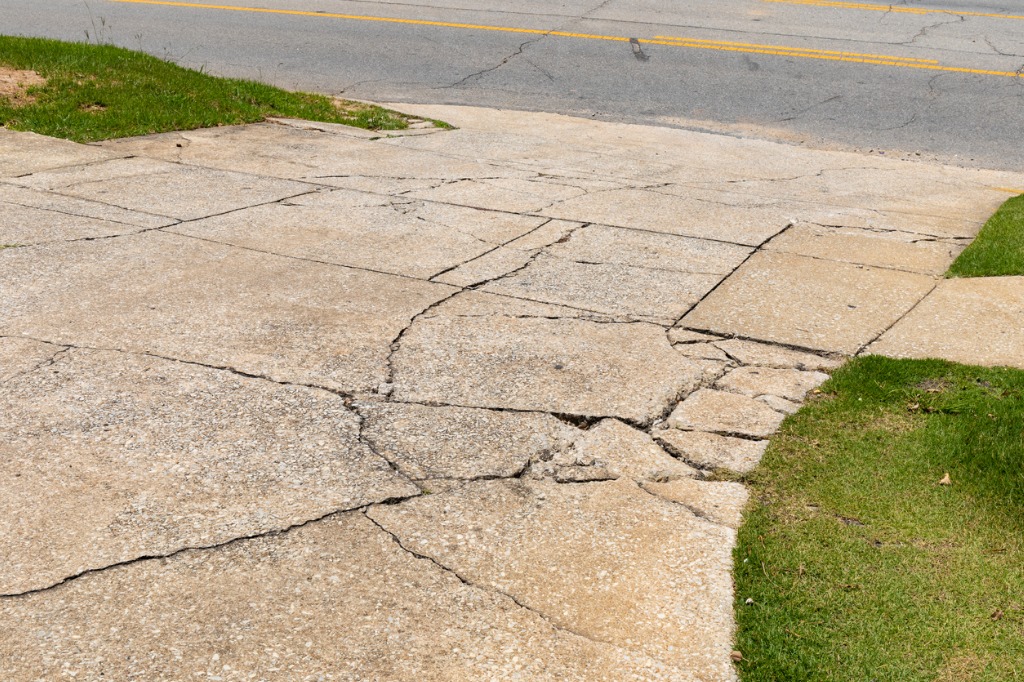Concrete is a fantastic material option to try when it’s time to renew your driveway, sidewalk, patio, or other walking and driving areas around your house or office building. Patterned or stamped—concrete that has been made to resemble wood, brick, marble, tile, granite, slate, or other materials—is an excellent alternative for creating beautiful, long-lasting beauty.
But there are a few things you should know before hiring a concrete contractor to achieve the best results. These five pointers will help you avoid the pitfalls that lead to a concrete project nightmare and instead deliver the outcomes you desire.

State clearly what you desire.
Clear communication is one of the most critical strategies to guarantee that a project is finished to the homeowner’s or business owner’s contentment and delight. Don’t leave anything to chance, and don’t only rely on the concrete contractor to perform the job. To ensure that you get the best outcomes, discuss and agree on the specifics beforehand.
Here are some ideas to help you explain your vision:
- Make an appointment to discuss your alternatives with the chosen concrete company.
- Collect and show the samples of the work that you like.
- Examine the contractor’s supplies and sample work.
- Tell the contractor what colours and patterns you don’t want so they can better assist you in selecting a style that meets your preferences.
Check if the concrete business has done comparable work before.
The advantage of employing ornamental or stamped concrete is that it may produce a unique and stunning design for your house or workplace. As a result, as a building owner, you want the concrete work done with accuracy and attention to detail- from beginning to end. Look for a concrete business with a track record of completing the job the exact way you want.
Enter into a contract with specifics.
It’s tempting to seal the deal with a handshake or a standard contract, but that isn’t the greatest strategy. A contract that includes particular project information and clearly specifies expectations will keep you and the concrete business on track and minimise misunderstandings.
Make sure your contract states:
Deadlines—Specifies when work will begin and end.
Supplies—Includes a list of the equipment and supplies that will be required.
Site care—Ascribes who will be in charge of cleaning up the construction site.
Contingencies—Outlines backup measures in the event of issues or delays.
Don’t pay in whole until the job is finished.
It’s natural to be confused about how much of a down payment to give a contractor, particularly if the homeowner is new to having work done on their house. Following are some general recommendations to keep in mind:
- A realistic down payment to expect from most contractors is 10% of the total project cost.
- Payments can be made in instalments and linked to job progress.
- If a contractor asks 50% or more upfront, consider it a red flag.
- Negotiate the down payment with the contractor. Many contractors anticipate some wiggle room and are eager to work with customers to find a solution.
Trust your instincts.
Choosing the ideal contractor for you ultimately boils down to a combination of thorough research and a feeling of what feels right to you. It’s critical to listen to your instinct if it’s telling you no.




Recently, my parents mentioned they want to do something about their damaged backyard. Their lawn is too yellow, and they don’t have the patience to take care of it, so I’m suggesting they install a patio instead. They liked the idea, and your post could help them find a concrete contractor who delivers a detailed contract before starting to work.